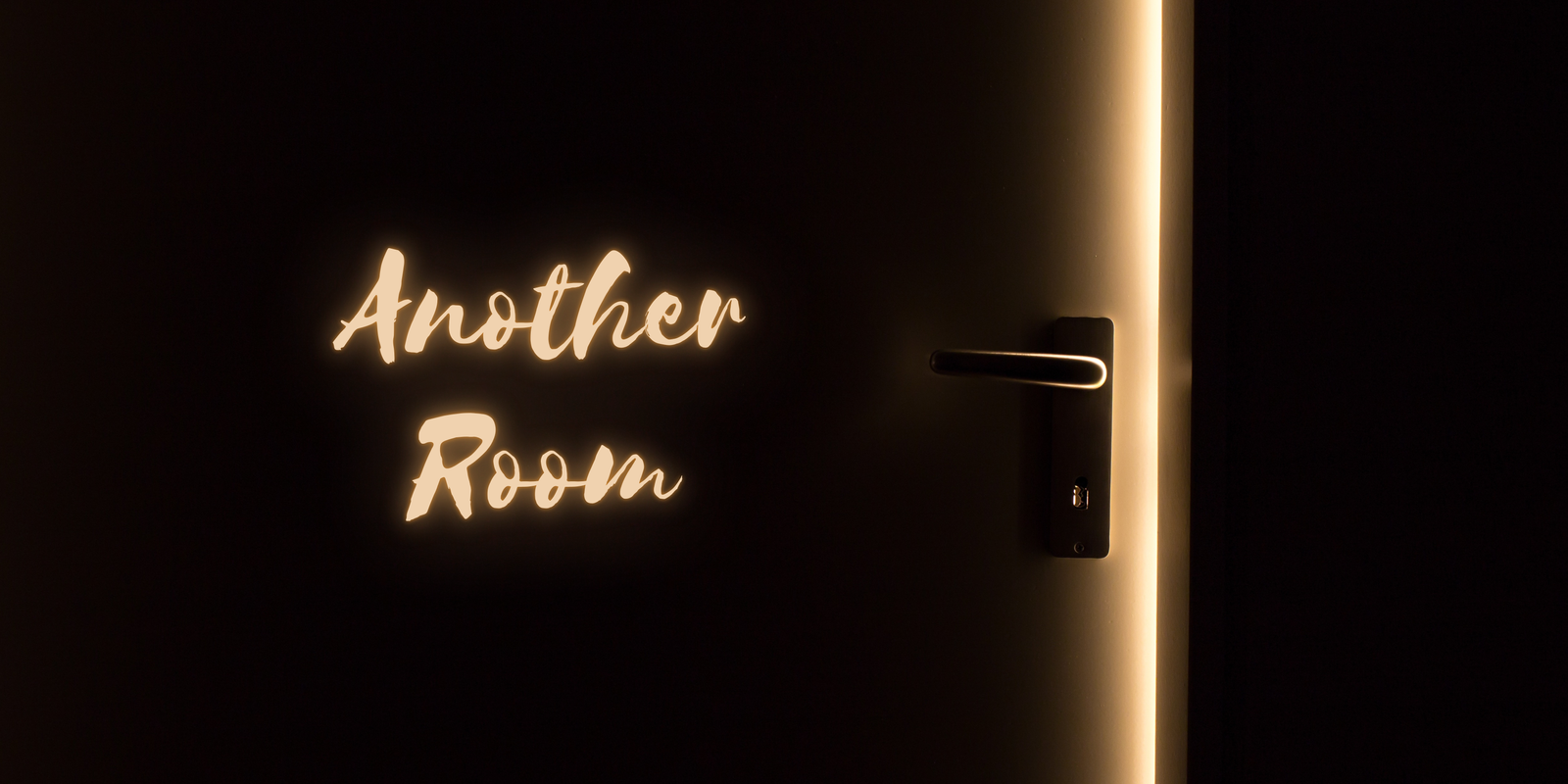Unfortunately, despite the fact that the 2018/2019 English Theatre Season has been very strong overall, Angélique was a much weaker production. This was a show that had a lot of potential, but there were some elements that needed to be improved upon. And one of the main problems was that it was rather difficult to tell what the root cause of some of the issues were.
Content Warning: this play deals with some very mature subject matter. The story is about a black slave in Canada and the abuse and injustice she endures in the last years of her life, as well as the cruel punishment she receives for supposedly starting a fire that consumed Montréal. She experiences varying forms of sexual and physical abuse, and there are some unsettling moments that I will be mentioning in this post.

The story itself was absolutely heartbreaking, and based on what I read in the program while waiting for the show to start, I expected that Lorena Gale’s play would bring me to tears. It did not. Throughout the entirety of the performance I could not tell of the issues I had with the piece were caused by directorial choices or problems in the script itself. Something was just off about this play and I could never quite put my finger on what it was.
I think part of the problem was that the monologues that seemed to ramble on a little too long, to the point where it muddled the message and/or emotions that were supposed to be at the core of those scenes. I think the only one of these monologues that was truly effective was the one where Angélique (Jenny Brizard) tells herself that this time will be different and that she has the potential to live a happy life as a slave, and in the next scene we are shaken out of that fantasy when her master makes unwanted sexual advances towards her. By comparison, a few scenes later she has a monologue that makes little sense as she is talking to her baby. It seems as if she is welcoming him into the world. So when she ends up killing her baby at the end of her monologue it took me longer than it should have to figure out exactly what was going on.
But issues with the story telling were not the only thing that held back this production. The costume choices for this production made little sense. In fact, it was well past the halfway point in the play when I figured out what was actually happening with the costume changes. Unfortunately, even once I understood what was happening, it was still a little unclear as to why this was happening. At the beginning of the play, all of the characters who were either slaves or servants were dressed in period appropriate clothing and all of the masters were dressed in modern attire. So, without receiving any explanation for these costume choices, it simply looked like there was little thought put in to how the actors were dressed. Then, slowly, the actors’ outfits switched time periods: the masters in modern garb became dressed in period appropriate attire and the slaves/servants became more modern.
Throughout the rest of the play I tried to figure out why this had been done. I even brainstormed with my mother/theatre buddy afterwards. Was this to show that African Americans/Canadians are still facing the same issues today as they were in the past? Did it demonstrate that although the masters thought they were the more civilized/modern thinkers that their ideas actually kept them stuck in the past? But even though we had theories behind the costume choices, nothing actually seemed to stick. It was certainly an interesting concept, but it did not seem like it was fully thought out. If you look up this play on the NAC’s website it boasts that this play “weaves seamlessly between historical and contemporary times”; perhaps on other nights this may have been the case, but at least for the performance I saw, this weaving was anything but seamless. So although there might have been a really strong message behind the planning of the costumes, it got lost in the execution.
The redeeming elements of this production were the music and the set, which had me impressed right from the start. Between the write up in the program and the opening lines of the play, the audience knew that the titular character would be hanged by the end of the story. So it was interesting to see that the entire set had been designed to look like the gallows, complete with a portion that swung outward and hovered right above Angelique’s head in the final scene. At the top of this gorgeous set was a platform for the musicians: the talented Sixtrum Percussion Ensemble. I feel that live music really adds something to a play, and these percussionists certainly did an impressive job between creating a soundtrack and sound effects for this play.
Although this production did have some redeeming qualities, overall I was just very underwhelmed. I feel as if the team behind this play just didn’t go far enough with what they were trying to do. I expected to be moved to tears by the end of the show and I never got that. And I felt that the unique production choices could have been really spectacular if they had just been pushed a little farther. It was a good show, but it was not a great show.


